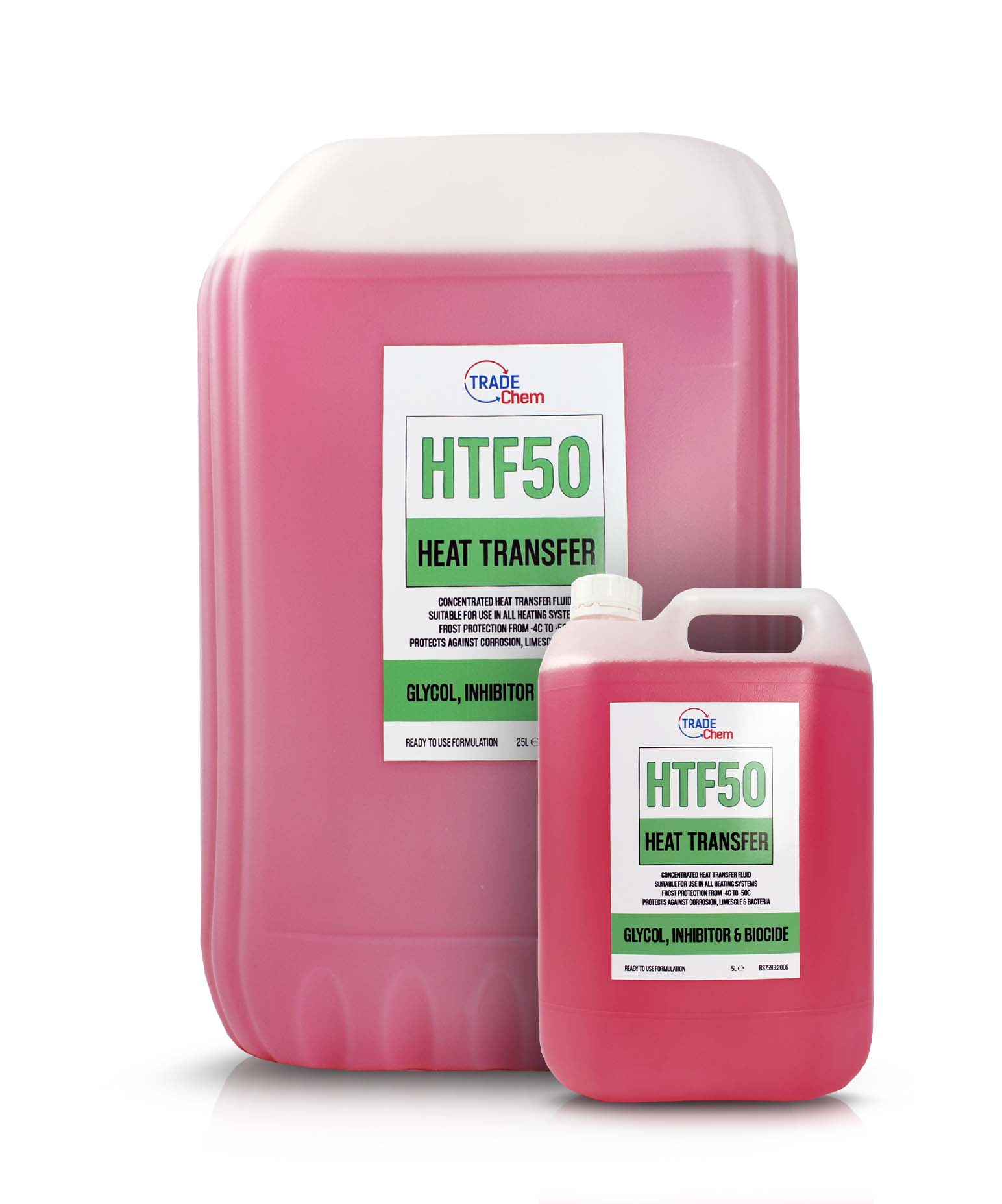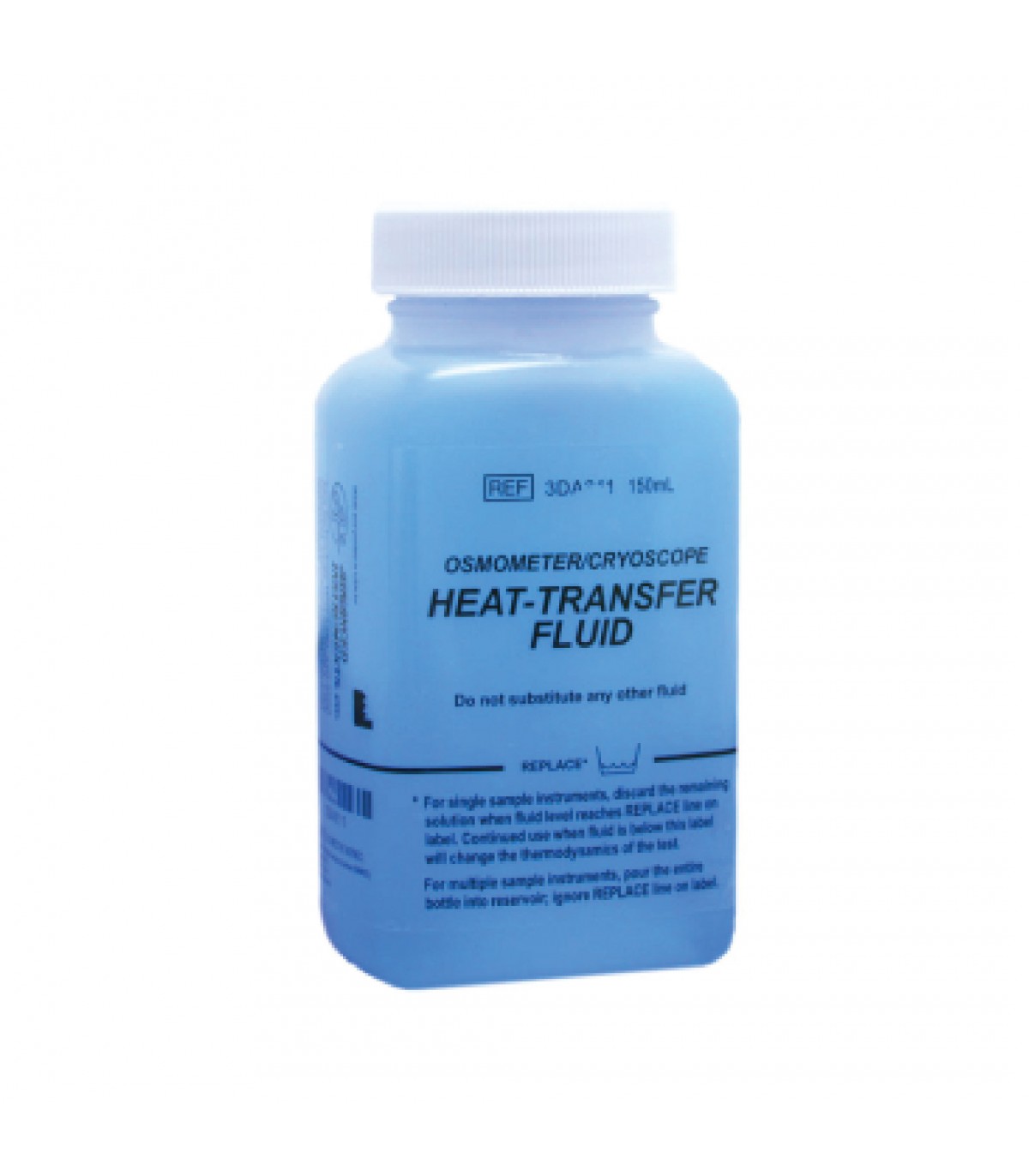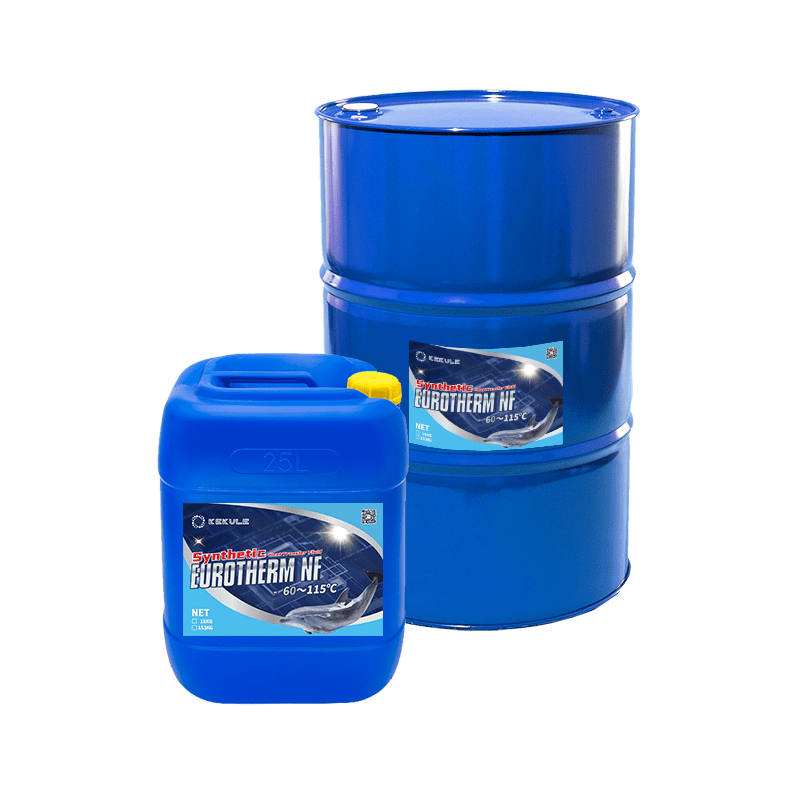Top Considerations for Choosing the Right Heat Transfer Fluid for Your Demands
Top Considerations for Choosing the Right Heat Transfer Fluid for Your Demands
Blog Article
Why Warmth Transfer Liquid Is Crucial for Optimizing Power Transfer in Solution
The role of heat transfer fluids in maximizing power transfer is crucial for attaining reliable thermal administration across various industrial sectors. These liquids facilitate smooth warmth exchange, ensuring procedures run within ideal temperature varieties and alleviating the danger of getting too hot.

Role in Thermal Monitoring
Heat transfer fluids play an important duty in thermal management by efficiently controling temperatures in various industrial procedures and systems. These specialized fluids help with the transfer of warm in between various components, guaranteeing optimum operating conditions and preventing overheating. By maintaining precise temperature control, heat transfer liquids make it possible for sectors such as chemical manufacturing, oil and gas, and power generation to run securely and effectively.
The choice of a proper warm transfer fluid relies on numerous variables, consisting of thermal stability, heat ability, and thickness. High thermal security guarantees that the fluid can endure extreme temperatures without deteriorating, while a high warm capacity allows it to absorb and launch significant quantities of heat - heat transfer fluid. Low viscosity decreases the energy required for pumping, adding to overall system performance
In addition, warm transfer fluids are indispensable in applications like refrigeration, where they assist absorb and dissipate warmth during the cooling cycle. In solar thermal power systems, these liquids capture and transport solar heat to create power or give hot water. Their versatility to diverse operating problems and capability to keep constant thermal performance underscore their value in commercial thermal management, helping with functional connection and improving precaution.

Enhancing System Performance
To make best use of the advantages of thermal management, boosting system effectiveness via the critical use of warm transfer liquids is paramount. By preserving optimum temperature level degrees, heat transfer fluids assist make certain that systems operate within their developed specifications, therefore protecting against overheating and decreasing the threat of component failure.

Sorts Of Warm Transfer Liquids
The diversity of heat transfer fluids emphasizes their vital function in a variety of industrial applications, each tailored to satisfy details thermal management demands. These liquids promote efficient power transfer and are picked based on crucial residential or commercial properties such as thermal security, viscosity, and warmth ability. official website The primary kinds consist of water, glycol solutions, oils, and synthetics, each offering unique advantages.
Water is the most common warm transfer medium due to its high specific heat ability and reduced cost. Mineral oils are preferred for their thermal security and non-corrosive nature, making them ideal for high-temperature applications.

These liquids make certain remarkable efficiency in systems where conventional fluids may stop working. The choice of a heat transfer fluid is crucial, as it affects system efficiency, security, and longevity.
Environmental and Economic Advantages
Making use of the appropriate warm transfer liquids supplies considerable ecological and economic benefits for commercial procedures. Environmentally pleasant warmth transfer fluids, typically naturally degradable and non-toxic, lessen the risk of dirt and water contamination in the occasion of leakages or spills, thus shielding ecological communities and abiding with rigid environmental guidelines.
Financially, the ideal heat transfer fluid can substantially lower operational costs. Liquids with extensive lifecycle efficiency decrease the frequency of replacements and maintenance, lowering downtime and linked costs. Generally, the critical usage of optimum heat transfer liquids supports lasting financial growth and environmental stewardship.
Selecting the Right Fluid
How does one navigate the complicated process of picking the right warmth transfer fluid for industrial applications? Thermal stability guarantees the fluid can withstand high temperature levels without degrading, while compatibility protects against rust or other destructive reactions with system parts.
Additionally, the fluid's warm ability and viscosity are vital. A high heat ability allows the fluid to soak up and transfer even more power, improving find out here performance. On the other hand, ideal thickness makes certain minimal pump work and efficient warm transfer, particularly in varying temperature levels. Environmental and safety and security aspects need to likewise be component of the decision-making process. Safe, biodegradable fluids lower environmental impact and conform with regulative requirements, reducing responsibility threats.
Verdict
The critical choice and application of warm transfer fluids are essential to enhancing energy transfer across different systems. By guaranteeing high thermal stability and capacity, these fluids offer exact temperature level control and boost total system performance. This optimization contributes to reduced functional expenses and lower greenhouse gas discharges, therefore promoting sustainability. The selection of liquid, customized to particular thickness and operational demands, is important for making the most of performance and accomplishing economic and ecological benefits in commercial processes.
Report this page